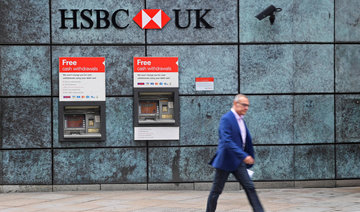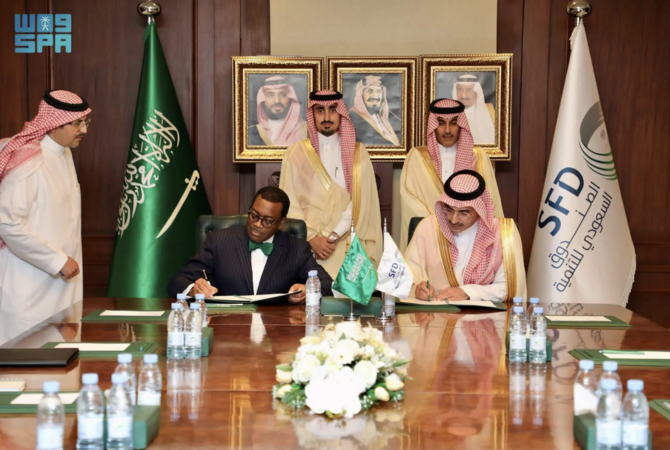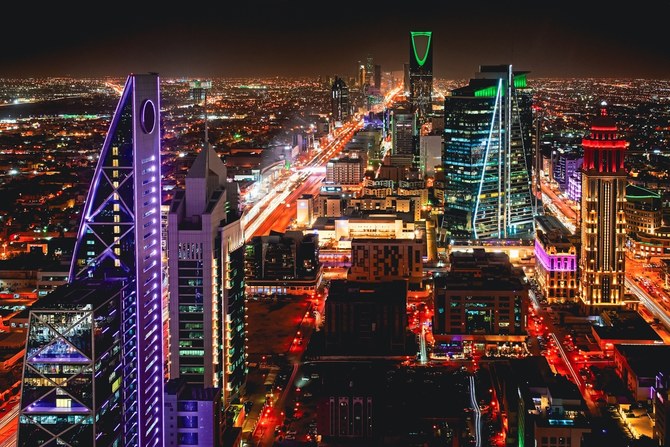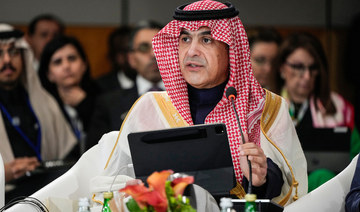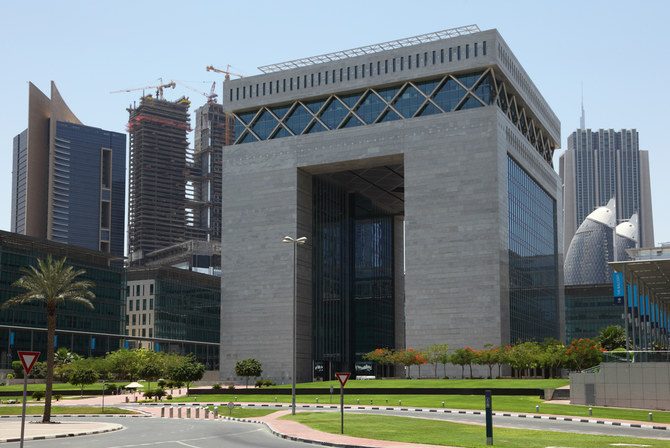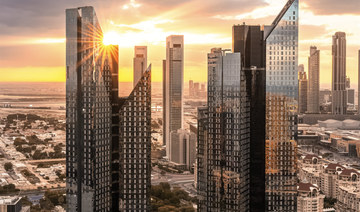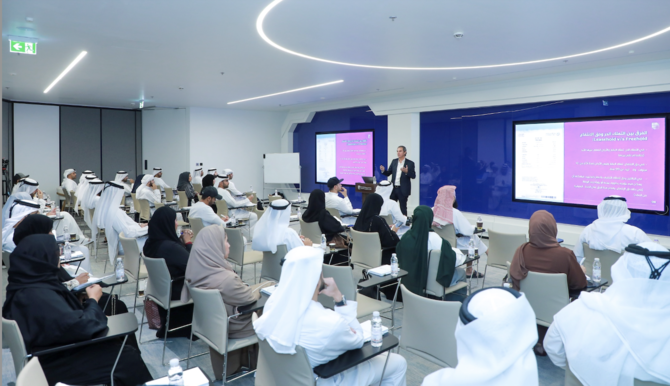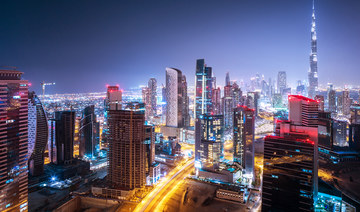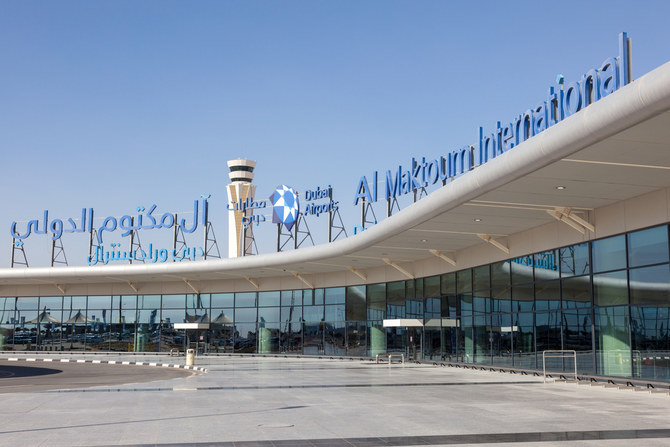LONDON: Smarkets has adopted a radical pay transparency policy, through which staff can see colleagues’ salaries and have pay rise requests endorsed by peers.
“Most people get what they ask for,” said Angeline Mulet-Marquis, a software engineer at Smarkets.
In a company where increases of 10 to 30 percent are common, Mulet-Marquis received the
12 percent more she wanted — as all of her colleagues could see on the internal website.
Recently graduated engineers are paid a salary of around £45,000 ($63,080) at Smarkets, which rises to six-figure salaries for highly qualified senior
engineers.
Despite London’s reputation as a hub for start-ups and a global business center, such openness about salaries is rare in the British capital.
Within view of the city’s famous Tower Bridge, the Smarkets office features added perks, such as a team of chefs to make lunch each day, a foosball table and video games, to keep staff happy.
Susana Pinto oversees Smarkets’ biannual pay reviews, through which an employee asks around five peers for feedback and a suggested pay increase that they can take forward
“It’s not just a matter of
saying, ‘Hey, I think you’re great.’ It’s actually going to be probed,” Pinto said of the feedback provided.
Further talks and comparisons to industry data determine the final pay increase, although if the employee is not happy they can set their own salary.
Such a move is said to be rare, however, as employees
are well aware they will have to face their colleagues who will know they have gone against their advice.
“The good thing about the fact that our salaries are transparent is that they, by default, keep the company fair,” said Pinto.
This extends to stamping out alleged gender inequality, which has marred some British companies, including the BBC.
The broadcaster was forced last year to disclose the salaries of some of its top staff, showing men made up 12 of the 14 highest-paid posts and leading to complaints of unequal pay for the same work.
Software engineer Caglar Senel said allowing employees to see each other’s salaries means companies can ensure equal pay.
“It would be super-obvious that women in the company are getting this much amount of money, and the guys are getting this much amount of money, so I think that would be helpful,” he said.
Despite the success of pay transparency at Smarkets, which has about 100 employees, some staff said they were unsure the approach would work for large companies or other industries.
Jordi Blanes i Vidal, a professor at the London School of Economics, said such a system would work best in areas such as sales, where there are clear markers of performance.
“But in settings in which it is not as easy to justify differences in pay — that is, pay inequality — with differences in productivity, pay transparency can be very demotivating,” he said.
Despite his warning, pay transparency is more widely accepted in other countries.
In Norway, the tax agency publishes key information online about taxpayers each year, including their earnings and wealth, allowing Norwegians to see how much their colleagues are earning.
There are similar approaches in Sweden and Finland, where people can request tax information by phone or in person, while in Ireland employees have a right to request pay information broken down by gender for the same level of work.
A study by the European Commission found “cultural sensitivity” was the most common barrier to rolling out
similar pay information rules across the continent, while in Britain the associated costs were the main obstacle.
Despite the challenges in different countries and for larger
companies, Mulet-Marquis urged other firms try a transparency drive.
“The advice would be to have healthy communication, even outside of the salary review,” she said.
“If your teams don’t communicate well, that process is probably not going to work anyway. You have to build it on something that is already healthy.”



